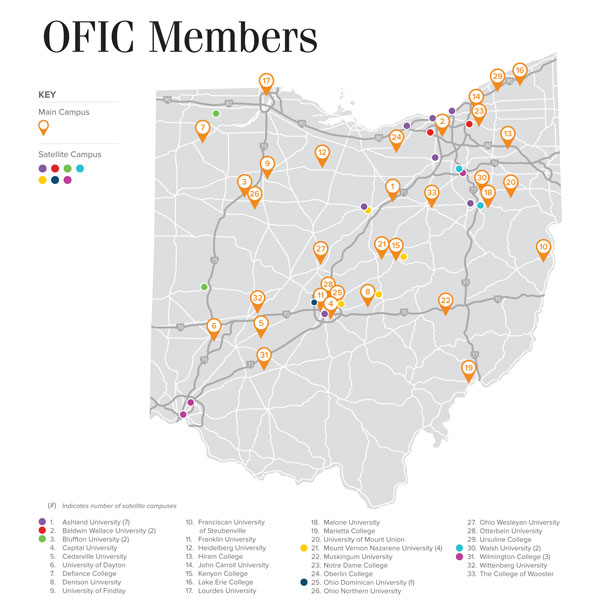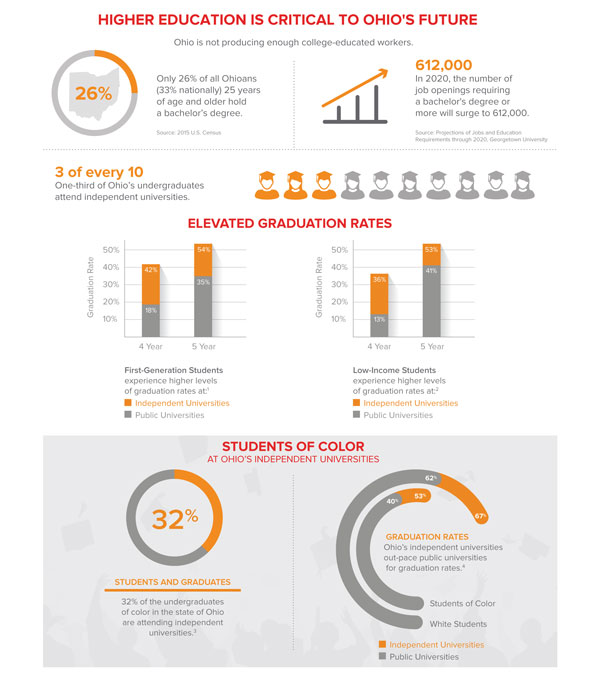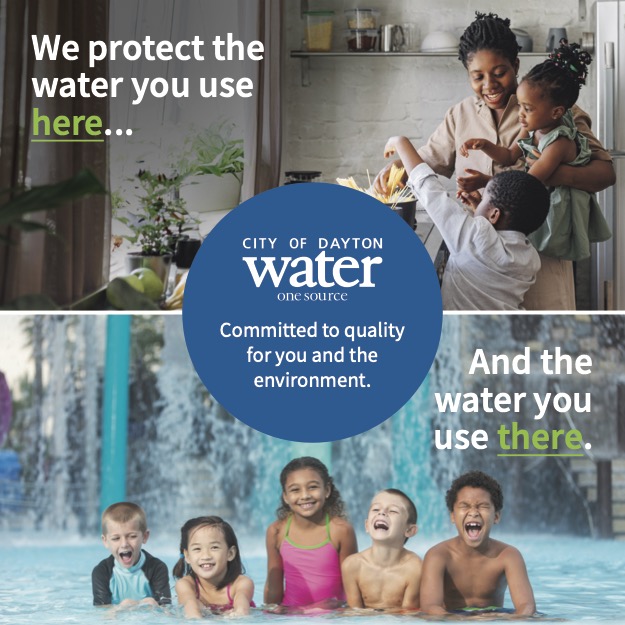
By Corinne Minard
According to Evan Kleymeyer, executive director of the Ohio Bankers Foundation, Ohio banks are looking at a serious shortage of talent in the coming years.
“One of the key issues that community banks … are facing is this lack of a talent pool. Succession is a big problem for these bankers, whether it’s the CEO or the individual department heads and the various levels as you move down the institution,” he says.
But how does a foundation address an industrywide problem such as lack of talent? The Ohio Bankers Foundation turned to The Ohio Foundation of Independent Colleges for help. Its solution: A scholarship program that targets college students in the desired majors and regions of the member banks.
“[We’re] really looking to get new individuals who may have not considered a career in banking, who may have just said, ‘Hey, I’m going to get a marketing degree,’ who may not understand that every bank has to market their brand, [and] give them a scholarship while they’re in college,” says Kleymeyer.
Creating custom scholarships for companies and organizations is part of the mission of The Ohio Foundation of Independent Colleges, says Bill Spiker, president of the organization that represents 33 independent colleges and universities in the state of Ohio. The foundation looks to assist students that attend member institutions with scholarships, a program it first started in the late 1980s.
“That’s the basic mission that we have—helping Ohio students who have some financial need. For some of these students the scholarship they receive may be the difference that will allow them to stay in school and finish their degree,” Spiker says.
To accomplish this, the foundation works with donors to get students the funding they may need. What started as unrestricted funding for member universities, however, has evolved into a way for donors to connect to possible future employees while also allowing them to make a positive impact.
According to Spiker, donors can select specific criteria like race, gender, geographic location and major to identify students that could potentially fulfill a need for that company.
That’s why First Solar started a scholarship with the foundation, says Mike Koralewski, senior vice president of global manufacturing for First Solar.
“Ensuring that we have a relevant and educated workforce in regions where we are is obviously important for the long-term success of the company,” he says.
For three years, First Solar has awarded scholarships to 10 students in many fields, from science and business to nursing, who are in the Perrysburg area.
“You can’t always provide a job opportunity for every student, but what it does is provide us opportunities and in-roads into students for potential internships where we can help that student grow and learn before they go into the marketplace, whether it’s with our company or another company,” Koralewski says.
Both Koralewski and Kleymeyer say what they’ve enjoyed about the scholarships is that ability to customize. Both organizations are looking to attract students of certain majors in specific areas.
“OFIC members tend to be in the more rural market,” says Kleymeyer. “Something like Bluffton University has the ability to attract more local kids where a lot of our members are. We obviously have banks in the more metro markets, but a decent amount of our members are in those rural markets. So when you look at their members and you look at our membership it looked like a very good fit.”
Spiker says that creating a scholarship requires the foundation to pay attention to the organization’s needs instead of making decisions on assumptions.
“We do a good job of taking advantage of having two ears. We listen,” Spiker says. He gives an example of an accounting firm. “If we just went in and assumed, ‘Well, they want accountants,’ maybe they’re expanding and they need HR people. They need people with marketing experience. They need all sorts of things.”
The foundation’s base requirements are that students must attend an Ohio member independent college or university, live in Ohio and have financial need, but the foundation can narrow the requirements down further based on the needs of the donor.
“We allow them to narrow to one or as many institutions as they would want. They have a lot of flexibility,” says Spiker.
The foundation had about 420 corporate and foundation donors as of August, but Spiker says any company can establish a scholarship if they’re interested. The foundation gathers about 16,000 nominations for scholarships each year, but it is only able to award about 1,100. Says Spiker, “We’re very proud of those 1,100 scholarships, and it makes quite an impact, but when you look at the amount of need that there is at our universities for those who have financial need we’re not breaking the 10 percent mark.”
Many companies may be surprised at how little money can make the difference between a student finishing school or not.
“The [foundation] did a pretty extensive research program where they looked at individuals joining and starting college, and they tried to find out what is that gap that they’re missing. While $500 is very important for individuals going to college, $500 may not necessarily be the decision if they’re going to be able to go to college or not,” says Kleymeyer. On the other hand, “$3,000 was actually a significant enough gap to where an individual may be able to attend college or not.”
While corporations have set up scholarships with universities and colleges before, Spiker says that there are additional benefits to doing so through the foundation. First, the organization represents 33 colleges and universities instead of just one, and those institutions together are seeing 15,000 graduates each year.
“It’s sort of a one-stop shop, if you will, and we cover the state,” says Spiker.
In addition, Spiker says that corporate Ohio has said that OFIC students are more well rounded thanks to their liberal arts education. “Graduates come out of [liberal arts] programs with good communication skills, critical thinking and problem solving skills,” says Spiker “The feedback that we get from some of corporate Ohio is these are the employees who are work ready.”





